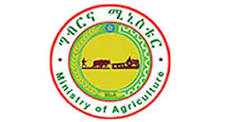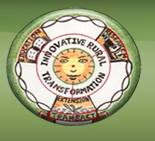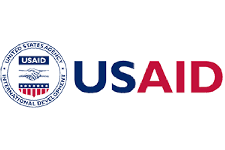The potential benefits of this project from adoption of new varieties and integrated crop management technologies would be substantial in terms of economic, nutritional, social and environmental impacts.
The economic benefits include increased production leading to improved food and nutrition security and increased income for households (male and female) who adopt the technologies and the expansion of Kabuli chickpea exports in the country. Increased production of these commodities will also ensure that traders and food factories have better access to raw materials locally and increase their profits. Similarly, the increased availability of high quality straw will fill feed deficits and mitigate the critical livestock production limiting factors in the crop-livestock production system. Livestock productivity will be translated to increased income and better food and nutrition security.
The social benefits include better awareness for dietary patterns to improve household nutrition particularly for women and children. Improved income for families would enable better schooling for the children and livelihood opportunities. The agro-industries will create employment opportunities for the youth and other segments of society in the agro-processing sector.
The training activities will increase the capacity of researchers, extension staff and farmers to apply their new knowledge and skills in their regular research, development and farm level activities leading to improved performance.
The environmental benefits include better soil fertility through biological nitrogen fixation and soil health from the introduction and adoption of improved chickpea varieties. The adoption of pest resistant varieties and integrated pest management practices will reduce the application of pesticides minimizing environmental pollution resulting in healthier people. The adoption of integrated crop management practices will reduce the cost of production. The introduction of chickpea in irrigated areas will increase intensification and also act as break crops for irrigated vegetable crops which suffer from soil-borne diseases.
Sustainability of the project is assured, because chickpea is considered in the GoE priority development agenda for food and raw materials for local agro-industries and exports. The new knowledge and skills acquired by professional and technical staff of stakeholder institutions (research, seed suppliers, development agencies, extension services, farmers, agro-processors, etc) will help in adopting and applying new technologies generated and demonstrated in their regular activities to sustain the project achievements. Training of NARS researchers will equip them with knowledge and skills to develop better improved varieties and crop management technologies. The existing and newly established seed and inoculant producers will grow to become private seed enterprise and continue to regularly supplying seeds of improved varieties and inoculants to farmers.








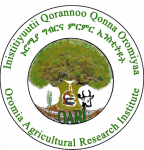
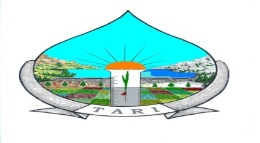

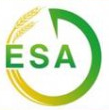

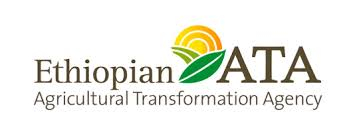


.png)
